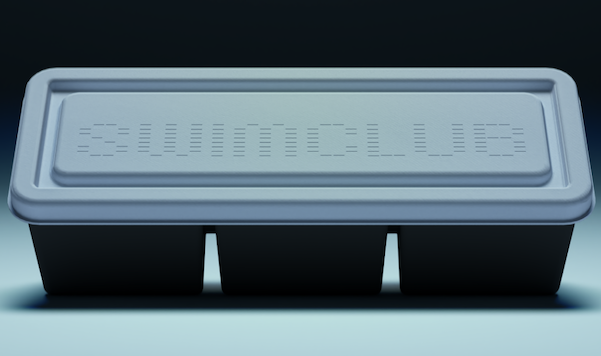Why Properly Inflated Car Tires Are Safer
Proper tire inflation is one of the most important aspects of car care and maintenance. Under-inflated tires can lead to a number of problems, including decreased gas mileage, increased wear and tear, and reduced handling and stability. Over-inflated tires can also cause problems, such as reduced traction and increased risk of punctures.
The Dangers of Under-Inflated Tires
Under-inflated tires are more likely to experience a blowout. A blowout occurs when the tire's sidewall fails, causing the tire to come off the rim. Blowouts can be very dangerous, as they can cause the driver to lose control of the vehicle.
Under-inflated tires also have a number of other safety hazards. They can:
- Increase the risk of hydroplaning
- Reduce braking efficiency
- Increase the risk of skidding
- Make it more difficult to steer the car
- Cause the car to ride more harshly
- Increase the wear and tear on the tires and other components of the car
The Dangers of Over-Inflated Tires
Over-inflated tires are also dangerous. They can:
- Increase the risk of a tire explosion
- Reduce the tire's ability to absorb bumps in the road
- Cause the tire to overheat
- Make the car ride more harshly
- Increase the wear and tear on the tires and other components of the car
How to Check Your Tire Pressure
The best way to check your tire pressure is to use a tire pressure gauge. You can find tire pressure gauges at most gas stations and auto parts stores.
To check your tire pressure, follow these steps:
- Park your car on a level surface.
- Remove the valve cap from the tire.
- Insert the tire pressure gauge into the valve stem.
- Read the tire pressure gauge.
The recommended tire pressure is usually listed on the inside of the driver's side doorjamb or in the owner's manual.
How to Maintain Proper Tire Pressure
It is important to check your tire pressure regularly and to inflate your tires to the recommended pressure. You should check your tire pressure at least once a month, or more often if you drive in extreme conditions, such as hot or cold weather.
If you find that your tire pressure is low, you can add air to your tires using a tire pressure compressor. You can find tire pressure compressors at most gas stations and auto parts stores.
By following these simple tips, you can help to ensure that your tires are properly inflated and that you are driving safely.






.jpeg)


